Table of Contents
Quality Service Guarantee Or Painting Free

Get a rental agreement with doorstep delivery

Find the BEST deals and get unbelievable DISCOUNTS directly from builders!

5-Star rated painters, premium paints and services at the BEST PRICES!
Loved what you read? Share it with others!

Unlocking the World of Digital Assets: A Guide to Cryptocurrency and NFTs
Table of Contents
The NoBroker Owners Club recently hosted an exclusive event graced by a financial expert on the fascinating world of digital assets, specifically focusing on cryptocurrencies and NFTs. The event was aimed at providing club members with insights and advice on how digital currency works and shed light on the potential benefits and risks of investing in digital assets.
If you've been keeping up with the financial world, you may have heard the terms "crypto currency" and "NFTs" being thrown around. These digital assets have been making waves in the investment world, with some investors hailing them as the future of finance. But what exactly are they?
Decrypting Cryptocurrency: An Overview
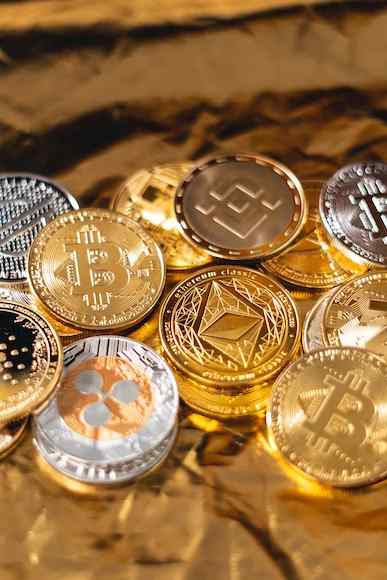
At its core, cryptocurrency is a digital asset that uses cryptographic technology to secure transactions and control the creation of new units. This decentralised form of currency operates independently of any central authority and instead relies on a distributed ledger called a blockchain to verify and record transactions.
Quality Service Guarantee Or Painting Free

Get a rental agreement with doorstep delivery

Find the BEST deals and get unbelievable DISCOUNTS directly from builders!

5-Star rated painters, premium paints and services at the BEST PRICES!
Before we delve into the world of cryptocurrency, it is important to understand some of the technical
terminologies that are commonly used in this space. Let's go through some of the key terms to ensure that we have a solid foundation for the discussion ahead:
What is Blockchain?

You may have heard of blockchain - a key technology that underpins cryptocurrencies. Essentially, a blockchain is a digital ledger that records all the transactions made in a network of computers, and is updated in real time.
Each block in the chain is connected to the one before and after it, creating a permanent, unalterable record of all the transactions that have ever occurred in that particular blockchain network. This makes blockchain technology incredibly secure, as it is almost impossible for a single entity to manipulate or alter the information once it has been added to the chain.
What is Cryptographic Technology?
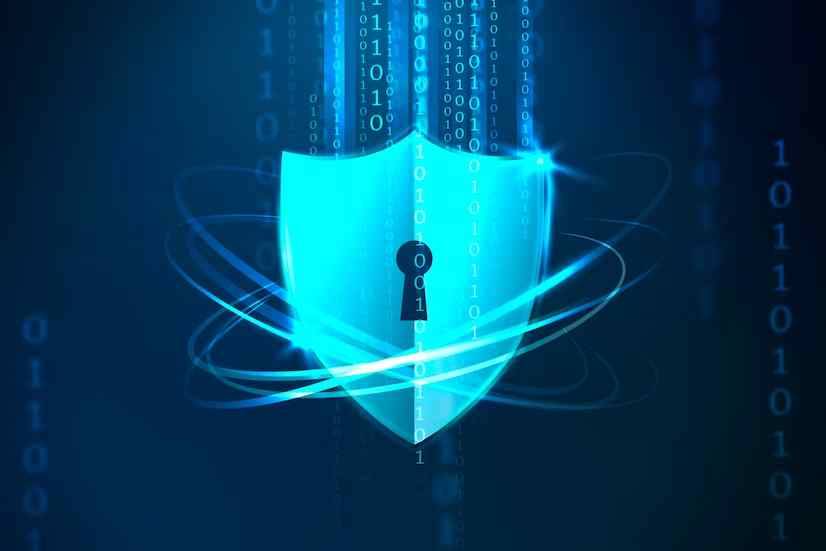
In simpler words, cryptographic technology is a set of techniques and methods used to secure and protect data by converting it into a code that is difficult for unauthorised people to read or access. It involves the use of mathematical algorithms and protocols to encrypt and decrypt data, as well as to authenticate and authorise users.
What is a Decentralised Currency?
Essentially, a decentralised currency is a currency that is not issued or controlled by a central authority or government, unlike traditional fiat currency. Instead, decentralised currencies are based on a peer-to-peer network that enables transactions to take place directly between individuals, using digital wallets and other decentralised technologies.
Cryptographic Wallet: How should you secure your Cryptocurrency?
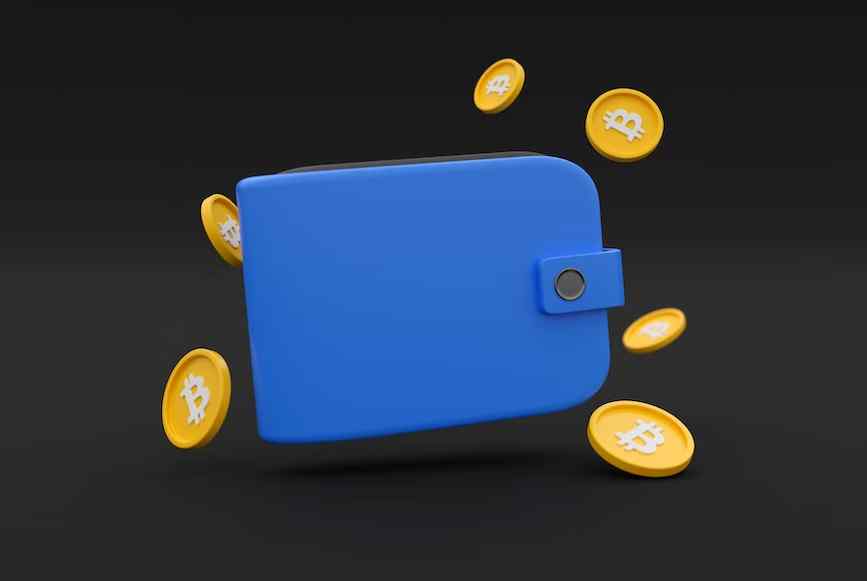
You may be curious about how cryptocurrencies are stored. Cryptocurrencies are stored in a cryptographic wallet, which is a digital wallet that can be used to store, send, and receive cryptocurrencies securely.
Your cryptocurrency is not actually stored in the wallet, but rather the wallet holds your private key, which is used to access your cryptocurrency on the blockchain. There are different types of wallets available, such as software wallets and hardware wallets.
Software wallets can be accessed from a computer or mobile device, and are connected to the internet, while hardware wallets are physical devices that store your private keys offline for added security.
How do Cryptocurrencies work?

Cryptocurrency works on the principle of demand and supply, much like traditional forms of currency. The value of a cryptocurrency is determined by the forces of supply and demand in the market. If there is high demand for a particular cryptocurrency and a limited supply, the price is likely to increase. On the other hand, if there is low demand and a large supply, the price is likely to decrease.
One key aspect of cryptocurrencies is their limited supply. For example, Bitcoin has a maximum supply of 21 million coins, which creates scarcity and can drive up the value of the currency. However, unlike traditional currency, the value of cryptocurrencies can be highly volatile and subject to rapid fluctuations due to various factors such as market sentiment, regulatory changes, and technological advancements.
However, it's important to be aware of the regulatory landscape in the country. In India, there is currently no regulatory body overseeing cryptocurrency like there is for the stock market. This means that investors are left to navigate the cryptocurrency market on their own, without the protections and regulations that they would have when investing in traditional securities.
What are the different types of Cryptocurrencies?

When it comes to cryptocurrencies, there are a variety of options available to you. Four of the most well-known cryptocurrencies are Bitcoin, Ethereum, Ripple, and Litecoin. It's important to understand the unique features and potential benefits and risks associated with each of these digital currencies. Let's take a closer look at each one:
- Bitcoin: Bitcoin was the first cryptocurrency created in 2009 by an unknown person or group under the name of Satoshi Nakamoto. It is a peer-to-peer decentralised digital currency that operates without a central bank or single administrator. Transactions are verified by network nodes through cryptography and recorded on a public ledger called the blockchain.
- Ethereum: Ethereum is a decentralised platform that enables the creation of smart contracts and decentralised applications. It was launched in 2015 by Vitalik Buterin and is the second largest cryptocurrency by market capitalization after Bitcoin. The native cryptocurrency of the Ethereum blockchain is Ether (ETH), which is used to pay for transaction fees and computational services on the network.
- Ripple: Ripple is a real-time gross settlement system, currency exchange, and remittance network created by Ripple Labs in 2012. The cryptocurrency used by the Ripple network is called XRP. It aims to provide faster and cheaper cross-border payments and has partnerships with many banks and financial institutions.
- Litecoin: Litecoin was created in 2011 by Charlie Lee, a former Google engineer. It is a peer-to-peer cryptocurrency that is based on the Bitcoin protocol but with some modifications to make it faster and more efficient. Litecoin transactions are processed four times faster than Bitcoin transactions and the cryptocurrency has a larger maximum supply of 84 million compared to Bitcoin's 21 million.
The Dark Side of Cryptocurrency: Some Common Frauds
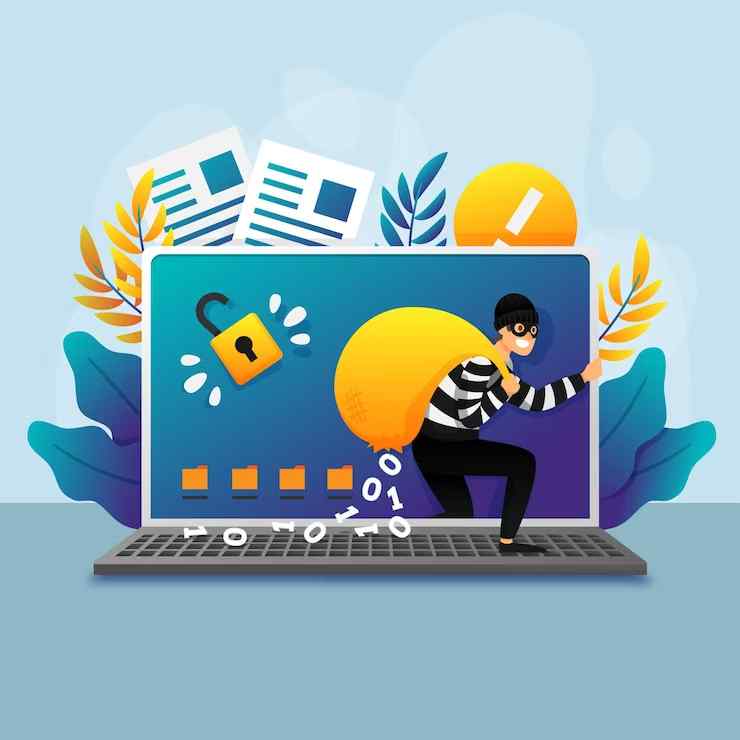
As the popularity of cryptocurrencies has soared, so has the number of fraudulent activities in the crypto world. There have been many reports of people falling prey to scams related to cryptocurrencies. In 2018, there was a major cryptocurrency hack where $540 million worth of cryptocurrency was stolen from a Japanese exchange. Some common examples of cryptocurrency fraud include:
Fake Websites
These sites are designed to look like legitimate cryptocurrency exchanges, but they are actually fake. The fraudsters behind these websites will try to steal your personal information or your cryptocurrency by tricking you into depositing money with them.
Illusion of Huge Returns
Scammers will promise you massive returns on your investment, but they have no intention of delivering on these promises. They will take your money and disappear, leaving you with nothing.
Gimmick Marketing
Gimmick marketing is also a common tactic used by cryptocurrency fraudsters. They will use flashy ads or social media posts to lure you into investing in their scheme. Once you have invested, they will vanish with your money.
Fraudulent Sales Pitches for Individual Retirement Accounts
Be wary of fraudulent sales pitches for individual retirement accounts (IRAs). Scammers may offer you a cryptocurrency IRA, claiming that it is a tax-free or tax-deferred investment. However, this is a lie, and you will end up losing your money.
Scammers Posing as Billionaires
Scammers may pose as billionaires or other famous individuals to gain your trust. They may claim to have insider information or special access to cryptocurrency investments, but this is all a scam.
Crypto Investment Safety: Expert Tips & Tricks
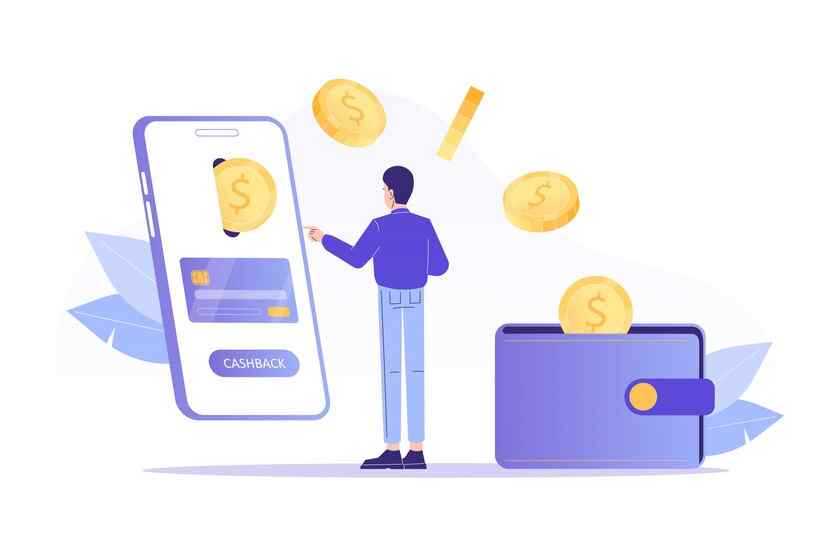
As a crypto investor, you must take a careful approach to investing in cryptocurrency. By following expert tips and tricks, you can safeguard your investments and maximise returns:
Choosing a Secure and Trustworthy Cryptocurrency Exchange
To invest in cryptocurrency safely, it's essential that you carefully research and select a trustworthy and secure cryptocurrency exchange. You should consider various factors such as the exchange's reputation, security track record, fee structure, and geographic location to ensure that you are investing your money in a reputable and regulated platform.
Store your Cryptocurrency Securely with Digital Wallets
To protect your cryptocurrency investment, it's important to consider digital storage options. Storing coins on an exchange may be convenient, but it can be risky. Using a digital wallet is recommended, with various options available, from hardware wallets to mobile wallets. Research the different options to find the best fit for your investment goals.
Study About the Future Market of Cryptocurrency
In addition to investigating exchanges and storage options, it's also important to stay up-to-date on the latest news and developments in the cryptocurrency market. This will help you make informed investment decisions and avoid potential scams or market downturns. Stay tuned to reputable sources for information on new cryptocurrency offerings, regulatory changes, and market trends.
Navigating the World of NFTs
If you're interested in investing in art, you may have heard about the rise of non-fungible tokens, or NFTs, in the digital art world. NFTs are unique digital assets that are verified on a blockchain network, making them tamper-proof and impossible to duplicate. Unlike crypto currency, NFTs represent ownership of a specific asset, such as digital art, music, or even tweets.
NFTs are considered to be safer than crypto currencies as they cannot be duplicated or forged, and their ownership is recorded on a blockchain. While cryptocurrencies have value based on their market price, NFTs are unique and verifiable digital assets. This means that the ownership and authenticity of each NFT can be verified through the blockchain, providing an additional layer of security for investors.
Additionally, because NFTs are unique, they're not interchangeable like traditional cryptocurrencies, reducing the risk of fraud or loss due to theft or hacking.
The Rise of NFTs in the Digital Art World
When an artist creates a piece of digital art, they can turn it into an NFT, which essentially creates a digital certificate of ownership. This NFT can then be bought and sold, just like any other physical piece of art. The value of the NFT is based on its uniqueness and the demand for the specific asset it represents.
NFTs have gained popularity in the market due to their potential to provide a new way for artists and creators to monetize their work in the digital age. Additionally, the potential for high-value sales of NFTs has generated a lot of buzz and attention in the media.
Cryptocurrencies and NFTs are still a relatively new and evolving asset class. While they offer exciting potential for growth, it also comes with a higher degree of risk than more established asset classes like stocks or bonds. As with any investment, it's important to do your own research and make informed decisions based on your individual financial goals and risk tolerance.
It's important to keep in mind that the world of digital assets is constantly evolving, and staying informed is essential. Just as you would invest in key instruments like health insurance and life insurance to prepare for unforeseen circumstances, investing in digital assets is a way to prepare for the future and secure your financial stability.
Discover additional information on cryptocurrencies and NFTs with the guidance of a finance specialist. Check out the complete session via this video:
FAQ's
Cryptocurrency is a digital or virtual currency that is secured by cryptography, making it difficult to counterfeit or double-spend. It operates through a decentralised system that uses blockchain technology to record transactions and create new units of currency.
NFTs, or non-fungible tokens, are unique digital assets that represent ownership of a specific piece of content, such as art, music, or videos. Unlike traditional cryptocurrencies, each NFT is unique and cannot be interchanged, providing a greater sense of ownership and authenticity.
There are several ways to invest in cryptocurrency and NFTs, including through cryptocurrency exchanges, direct purchases from NFT marketplaces, and investing in NFT-focused funds or companies. It's important to conduct thorough research and consult with a financial expert before making any investments.
As with any investment, there are inherent risks associated with investing in cryptocurrency and NFTs, including price volatility, regulatory uncertainty, and the potential for fraud or hacking. It's important to carefully research and consider the potential risks and benefits before making any investment decisions.
The future of cryptocurrency and NFTs is constantly evolving and can be difficult to predict. However, as technology continues to advance and more industries begin to adopt these digital assets, the potential for growth and innovation in the space is significant.
Loved what you read? Share it with others!
Most Viewed Articles

Secrets to Unlock Before Buying Your Dream Apartment
June 15, 2023
6518+ views

Unlocking the World of Digital Assets: A Guide to Cryptocurrency and NFTs
March 21, 2023
6292+ views

Unleashing The Power Of Chakras Through Yoga And Meditation
April 25, 2023
6065+ views

Unlocking IPO Potential: Strategies for Maximising Returns
June 13, 2023
6032+ views

Understanding the Tenant Selection Process
June 16, 2023
6031+ views
Recent blogs in
The Impact of Yearly Budget 2025-24 on Middle Class [A Comprehensive Analysis]
January 31, 2025 by NoBroker.com
Understanding the Tenant Selection Process
June 16, 2023 by NoBroker.com









 Full RM + FRM support
Full RM + FRM support
Join the conversation!